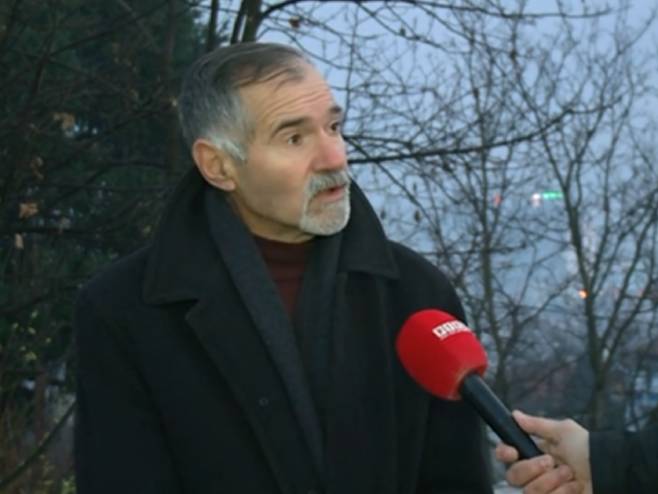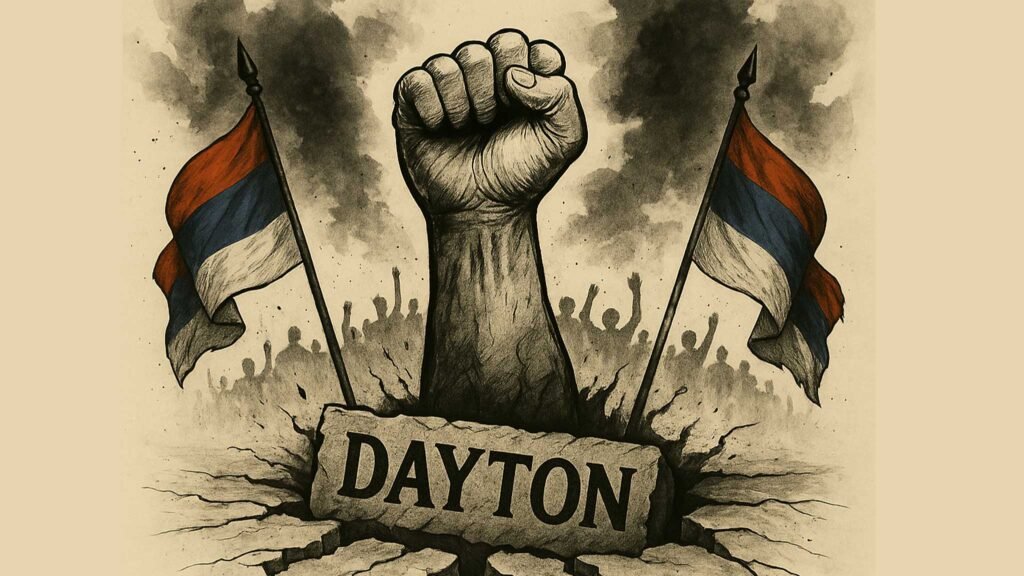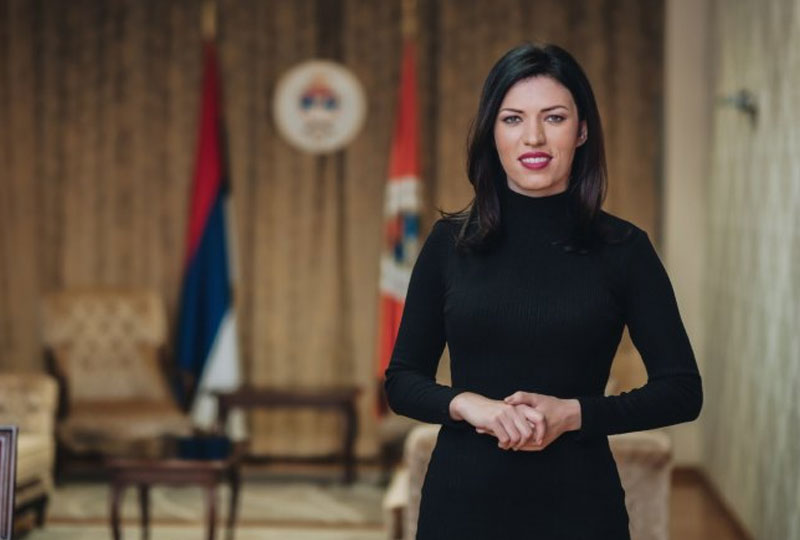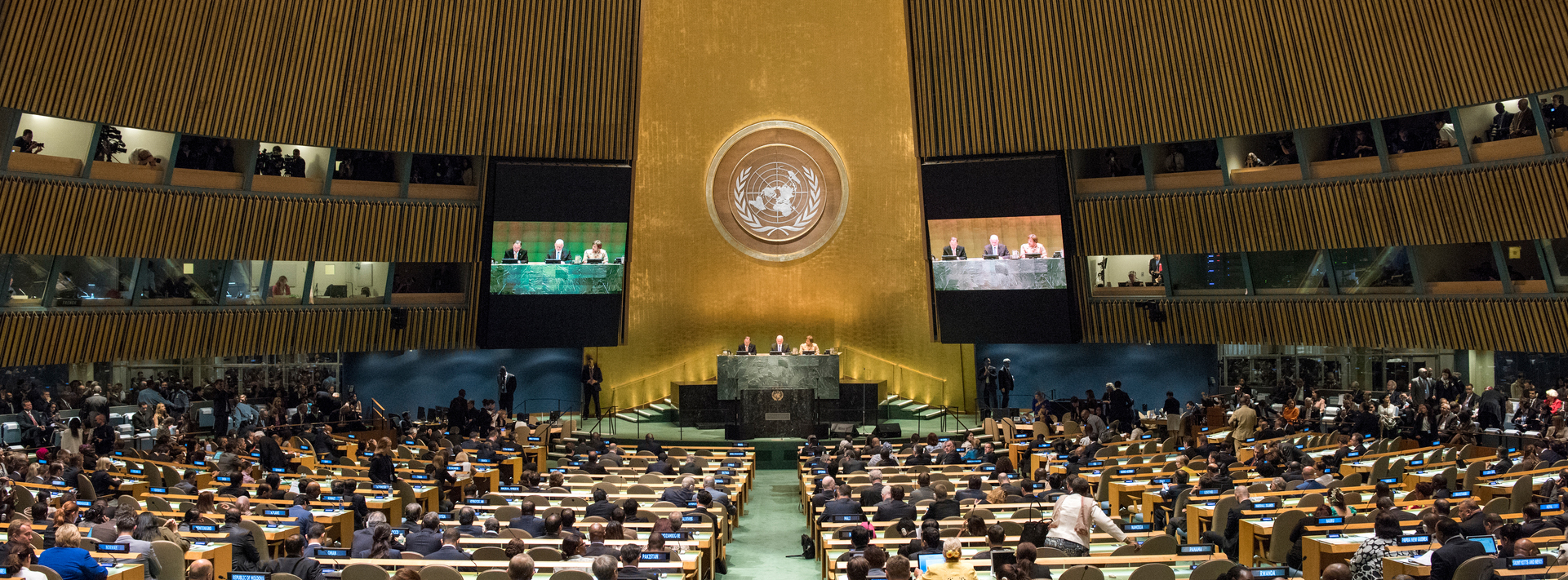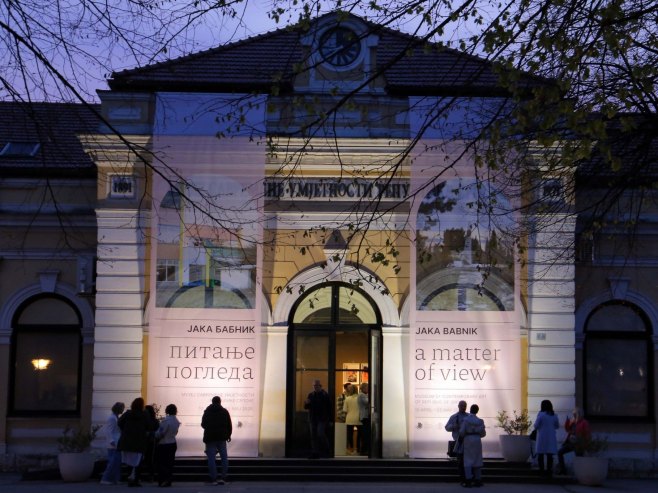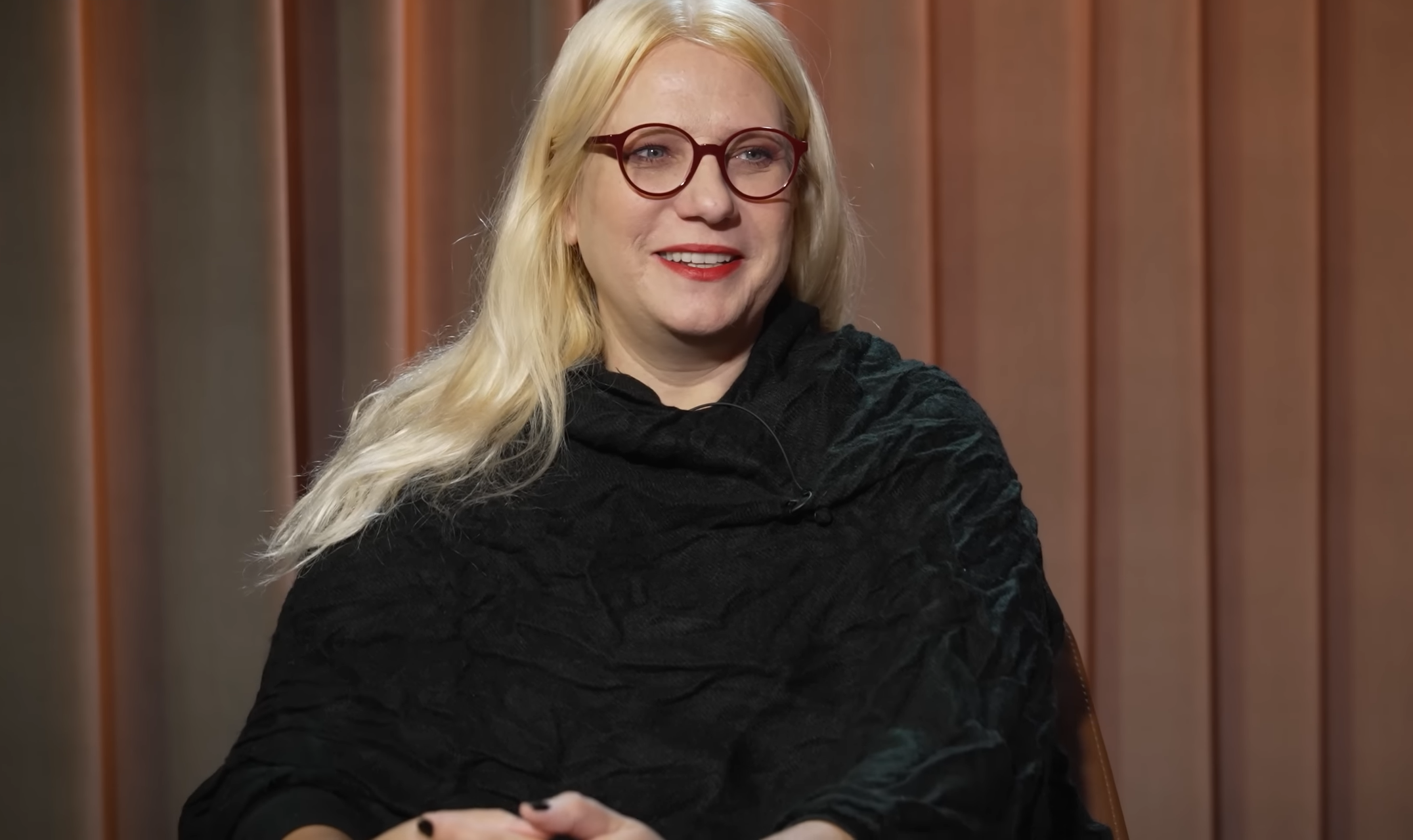The intent is clear – to discipline Republika Srpska and its president Milorad Dodik and turn them into blind obedient servants, say legal experts following the verdict against Dodik and the decision of the Central Election Commission to revoke his mandate. They emphasize that for years, there has been a systematic stripping of powers from Republika Srpska and that its constitutional position has been continuously weakened by foreign factors. Therefore, they believe that the Serb people have one last chance to defend Dayton BiH and Dayton Republika Srpska.
Legal experts have no doubts – the outcome of the court case against the president of Republika Srpska has confirmed that the goal is to remove Milorad Dodik from the political scene.
“I have consistently argued that this would be the outcome of this process, because foreigners, especially Europeans, have aimed to discipline Republika Srpska and Mr. Dodik and turn them into blind obedient servants, softer than a reaped rabbit’s tail, and I have always said they wouldn’t stop in their efforts. That is exactly what happened. This has nothing to do with any major legal-political ideas like the rule of law or the German idea of a social legal state,” says Radimir Lukić, a professor at the Faculty of Law, University of East Sarajevo.
Professor Siniša Karan reminds that the constitutional position of Republika Srpska has been systematically weakened by foreign factors and institutions that lack democratic legitimacy. He says that the continuous stripping of Republika Srpska’s powers is being done through unconstitutional actions of the Parliamentary Assembly, the Constitutional Court, and high representatives, who arrogate powers that they do not have in the BiH Constitution text.
“It is well known that the BiH Constitution contains no provision granting the high representative the power to enact laws. Moreover, the BiH Constitution does not mention the high representative anywhere, meaning the high representative is not a constitutional category and does not have constitutional powers. It is clear that constitutionality is everything that has its foundation in the constitutional text, and unconstitutionality is precisely the absence of that foundation,” says Siniša Karan, professor of constitutional law.
There is no doubt that sovereignty belongs to the people and their democratically elected institutions, not to a foreign factor placed above the constitutional order. Therefore, Professor Karan emphasizes that the institution of the president of Republika Srpska is an expression of the people’s will, and the people must say whether they approve of the annulment of their will by an unelected foreigner.
“Exceeding competencies, illegal and illegitimate actions, the establishment of colonial rule, and the attempt to introduce the institution of the ‘high representative’ into the constitutional system of BiH can (and must) only be stopped by the voice and decision of the people. The institutions of Republika Srpska are obliged to enable the people to have their final, decisive word,” adds Siniša Karan.
The announced referendum in Republika Srpska will be the proper response to the conglomerate of violations of legal norms, says lawyer Goran Petronijević.
“A referendum is the most precise and direct way of expressing the will of a people. There is no other way except for the referendum and something above the referendum,” says Goran Petronijević, president of the Center for the Renewal of International Law.
While decisions by the BiH Court and the Central Election Commission attempt to pass judgment on Republika Srpska and its institutions, lawyers simultaneously ask how some can demand that Dodik submit to foreigners while praising the resistance of the former president Nikola Poplašen to foreigners.
“President Poplašen, during his entire term, which he was elected to from 1998 to 2000, respected the fact that he was elected by the people and did not accept Carlos Westendorp’s decision, regardless of all its subsequent consequences. Among other things, this is witnessed by the handover of two cabinets, i.e., the cabinets of President Poplašen and the newly elected president of Republika Srpska, Mirko Šarović, in 2000,” says lawyer Ognen Tadić.
Lawyers conclude that Republika Srpska must now resist the legal violence of foreigners, and it is necessary to return the right to decide to the only true sovereigns in Republika Srpska – its citizens and peoples.
Source: RTRS

